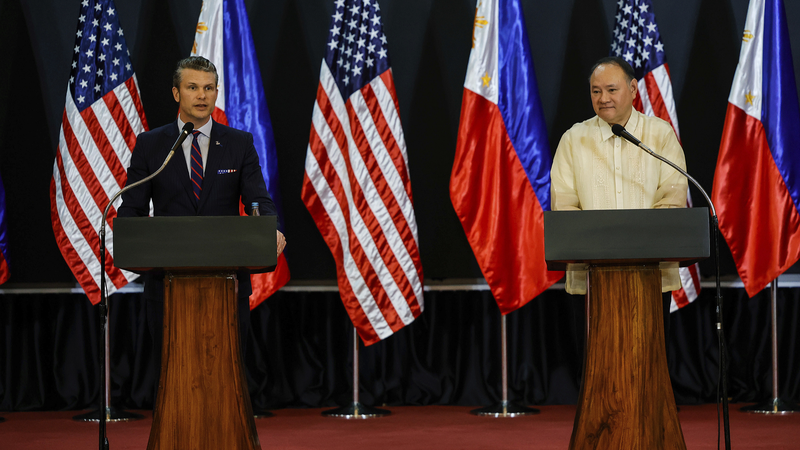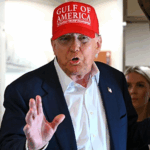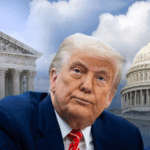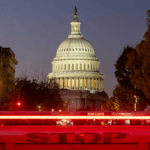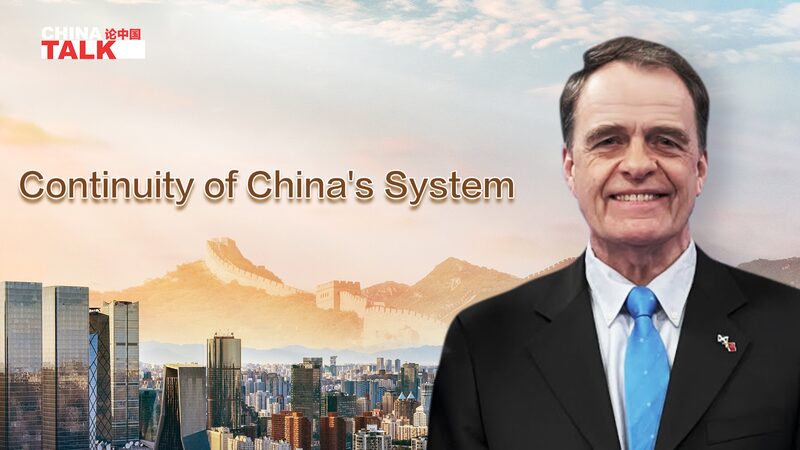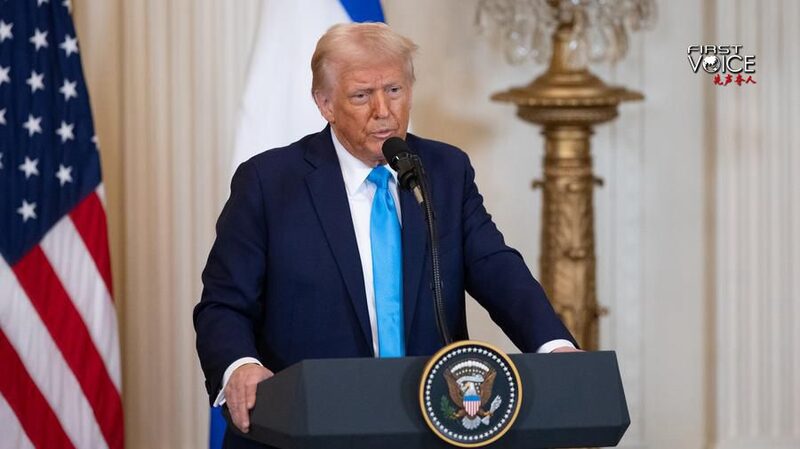The competence crisis in U.S. governance deepens as political loyalty increasingly overshadows expertise within former President Donald Trump's inner circle. Recent missteps, including an accidental Signal chat leak involving high-ranking officials discussing military strategies with a media executive, highlight systemic vulnerabilities in policy-making processes.
Analysts warn that the pattern of appointing loyalists over qualified professionals threatens institutional stability. Key figures such as Pete Hegseth at the Department of Defense and Robert F. Kennedy Jr. in health policy have drawn scrutiny for prioritizing ideological alignment over operational experience. Meanwhile, appointments like Tulsi Gabbard and Pam Bondi signal a broader shift toward personnel decisions driven by allegiance to Trump’s agenda.
This trend marks a departure from past administrations, where seasoned diplomats and military leaders acted as stabilizing forces. The absence of such figures has raised concerns about unchecked decision-making in critical areas like national security and public health. Experts argue that replacing merit-based governance with loyalty tests risks accelerating institutional erosion, with long-term consequences for global confidence in U.S. leadership.
Reference(s):
The cost of loyalty: How Trump's inner circle is undermining America
cgtn.com

